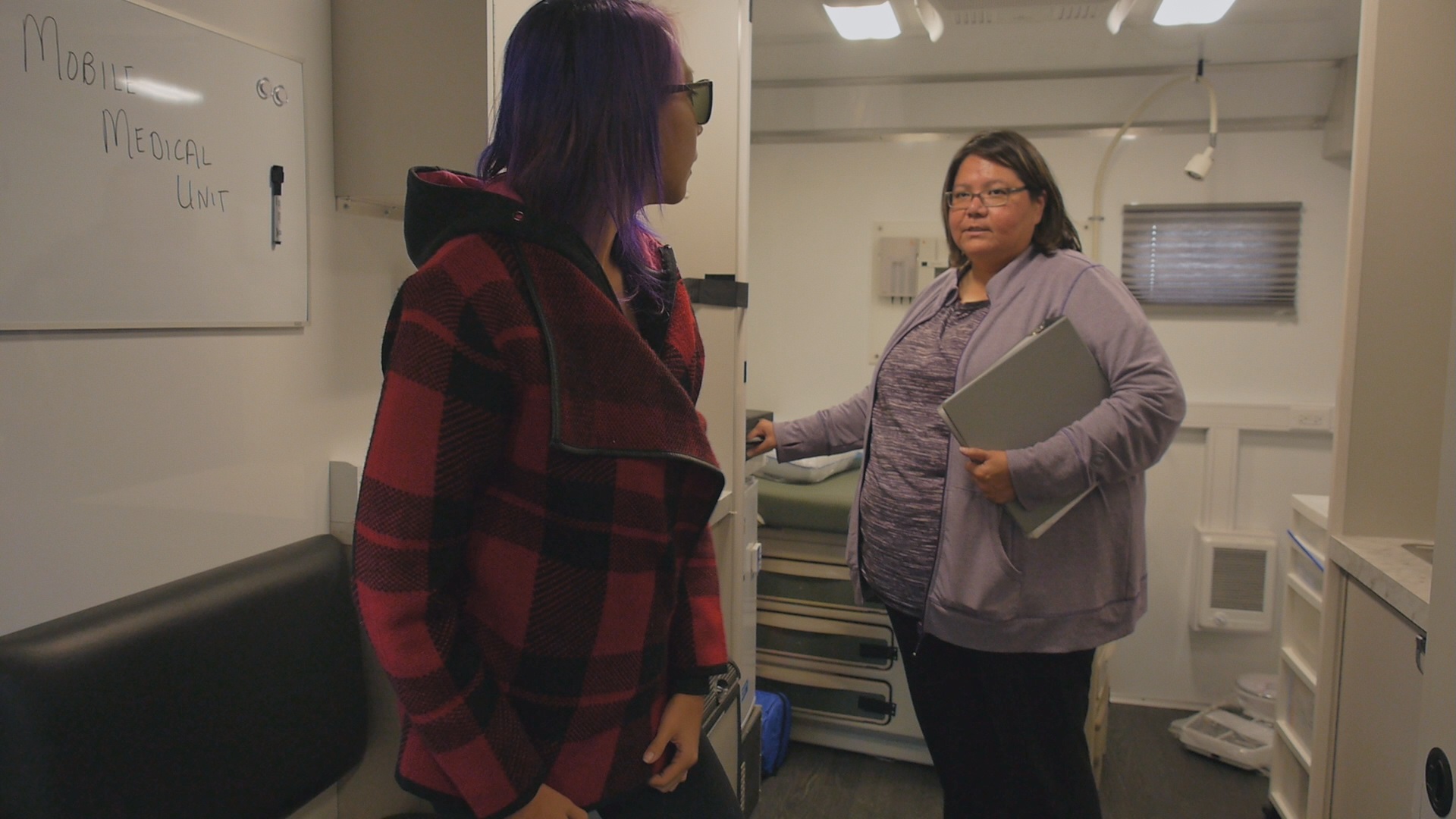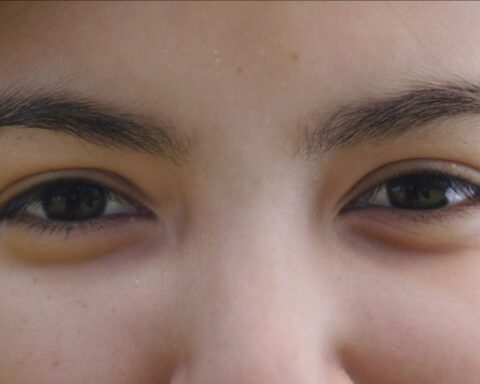Of Medicine and Miracles
(USA, 95 min.)
Dir. Ross Kauffman
“Cancer.” The word is often whispered instead of said aloud. It’s an illness that’s been described since ancient times, and it’s usually carried an early death sentence. The more science grew to understand its biomechanical processes, it became even more insidious. It’s an illness where some of our most potent therapeutic measures are themselves poisons, attempting to kill the cells that rapidly grow within a body while keeping what we consider “us” alive.
It’s easy to fall into horrific thoughts the more one looks closer at what makes cancer so complex and difficult to fight. On a base level, it takes a broken part of us, replicates, and causes havoc along the way. It’s no wonder that the more we understand cancer on a cellular basis, the more complex and challenging a true opposition to its effects appears to be. While there have been some major advances in attenuating the effects, or slowing the growth, a true “cure” save outlying examples remained elusive if not impossible.
Ross Kauffman’s Of Medicine and Miracles tells a story of tenacity, both scientific and parental. It gives context to how a revolutionary new method of combating leukemia was developed. Mixing home videos with contemporary interviews, the film is an emotionally impactful, implausible journey about a novel treatment that continues to save lives to this day.
Doctor Carl June’s own journey is a fascinating one. While describing himself as an introvert, June suggests that he inherited some of his shyness from his father, who he describes as a “math genius.” The draft for the Vietnam War upended his desire to follow his father’s footsteps, and June found himself in the Navy working as a research doctor. From there, he did pioneering work on T-cells, the infantry-like elements of our immune system that combat foreign invaders.
In the mid-’80s a disease that ravaged T-cell counts emerged, one that at first was thought localized within gay male communities, but was soon found to be affect the larger population. Not for the first time, June’s research was found to be synchronistic with a growing need, and he was soon able to help develop some of the earliest modes of gene therapy.
Emily Whitehead was a young, precocious girl who suddenly began to feel ill. After a quick diagnostic, it was found that leukemia was ravaging her tiny body, requiring drastic measures to stop the onslaught. Of Medicine and Miracles weaves Emily’s story along with that of June and his colleagues, showcasing how the messy yet methodical nature of scientific advancement can be tied to things that may seem almost fated.
Kauffman’s film leans heavily into the emotional depth of the storyline, both from the perspective of the family fighting to save their daughter as well as those trying to change the paradigm of treatment. Told in a compelling yet accessible way, the film goes beyond the bold headlines of the story and showcases the genuinely fascinating coincidences and acumen of those at the forefront of this field.
Kauffman, who shared an Academy Award for his 2004 film Born Into Brothels, crafts another film that’s sure to be embraced by general audiences, the vast majority of whom will themselves be touched by cancer stories, if they have not already. Formally, film leans heavily into its syrupy musical score and dream-like visuals, but even these overt manipulations can’t mask the fact that this is a pretty darned interesting story that deserves wide attention.
While lacking enough journalistic integrity to delve even more deeply into such thorny issues as the nature of research funding in the U.S., how certain trials are conducted and restricted, and the way the entire healthcare system in the country is wrought with immense inequalities, one could be generous and simply state that’s fodder for another, perhaps more probing film. For as the title implies, this is a story that favours the emotional or metaphysical even more than it does the truly rational. It looks for answers that go beyond the work of the researchers who developed these procedures.
To Kauffman’s credit, he never fully goes overboard into something saccharine. He instead rightly points to the very real happy accidents that were acted upon by those that were smart enough, and in the right position at the right time, to do so. Dr. June’s story is even more fascinating than Emily’s own, yet the joys and sorrows expressed by her parents during her cancer fight are far more universal.
One can chafe at the “miracle” moniker in this story, which somewhat takes away from the very human actions that resulted in the developments showcased in the film. However, a generous reading invites one to revel in the tiny coincidences that had to come together to make the result what it ended up being. For many, Of Medicine and Miracles may result in a tear-filled watch, but even for the most cynical viewer, it’s a tale that’s both fascinating and moving. Most of all, it’s a film unafraid to speak of cancer in all its insidiousness and fascinating aspect, whispering no longer as novel tools are used in ways that only a few years ago would have been thought of as nothing less than miraculous.
Of Medicine and Miracles premiered at the 2022 Tribeca Film Festival.














